The Australian Renewable Energy Agency’s (ARENAs) release of the $1 billion Solar Sunshot program’s second funding round, worth $150 million (USD 98 milion), aims to stimulate Australia’s ability to manufacture innovative deployment, balance of plant (BOP), and inputs to solar modules.
Round 2 funds will be allocated to support critical segments of the solar supply chain, including framing, solar glass, junction boxes and deployment technologies, while aiming to reduce the levelised cost of energy (LCOE) and improve efficiency across BOP, including automation, hardware, components, and system configurations.
Funding applicants are sought for projects that aim to advance and automate the manufacture of solar module components, including solar racking, tracking, and deployment technologies, to complement domestic module production.
ARENA expects applications will involve the commercial-scale manufacturing of solar technologies of at least technology readiness level (TRL) 8 and commercial readiness index (CRI) 3 at the time manufacturing commences.
ARENA CEO Darren Miller said Australia has the opportunity to build high-quality products across the solar PV supply chain.
“Although we have a very small production capability today, we have the skills, partnerships and raw materials to establish a strong base that can be built on over the next decade. The Solar Sunshot program represents a pivotal opportunity for Australia to secure its place in the global solar industry,” Miller said.
Round 2 will open for submissions on 23 September 2025. Details on eligibility, funding mechanisms and timelines are available on the ARENA website.
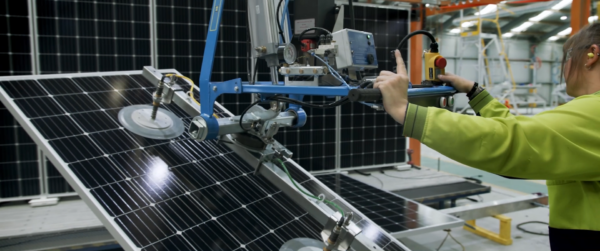
Image: 5B
Round 2 – What’s not eligible?
Technologies that are not eligible for Round 2 include the manfucture of solar modules and cells, ingots and wafer production, polysilicon production, any upstream activities relating to ingots, wafers or polysilicon, solar thermal technology, pilot scale manufacturing or the development of emerging technologies, solar testing facilities, recycling or end-of-life activities and feasibility studies and front-end engineering design (FEED) work.
Round 1
Round 1A, now closed, dedicated up to $500 million to support module manufacturing, while Round 1B, with up to $50 million available for feasibility and engineering studies, has been extended until November 2026.
Through these initial rounds, ARENA supported pioneering Australian companies, including up to $46 million for Sydney-headquartered solar technology company 5B to expand manufacturing capacity of its Maverick solar deployment system, $34.5 million to South Australian-headquartered solar panel manufacturer Tindo Solar to boost domestic production of solar PV, and $11 million to three feasibility studies for upstream solar manufacturing.
This content is protected by copyright and may not be reused. If you want to cooperate with us and would like to reuse some of our content, please contact: editors@pv-magazine.com.
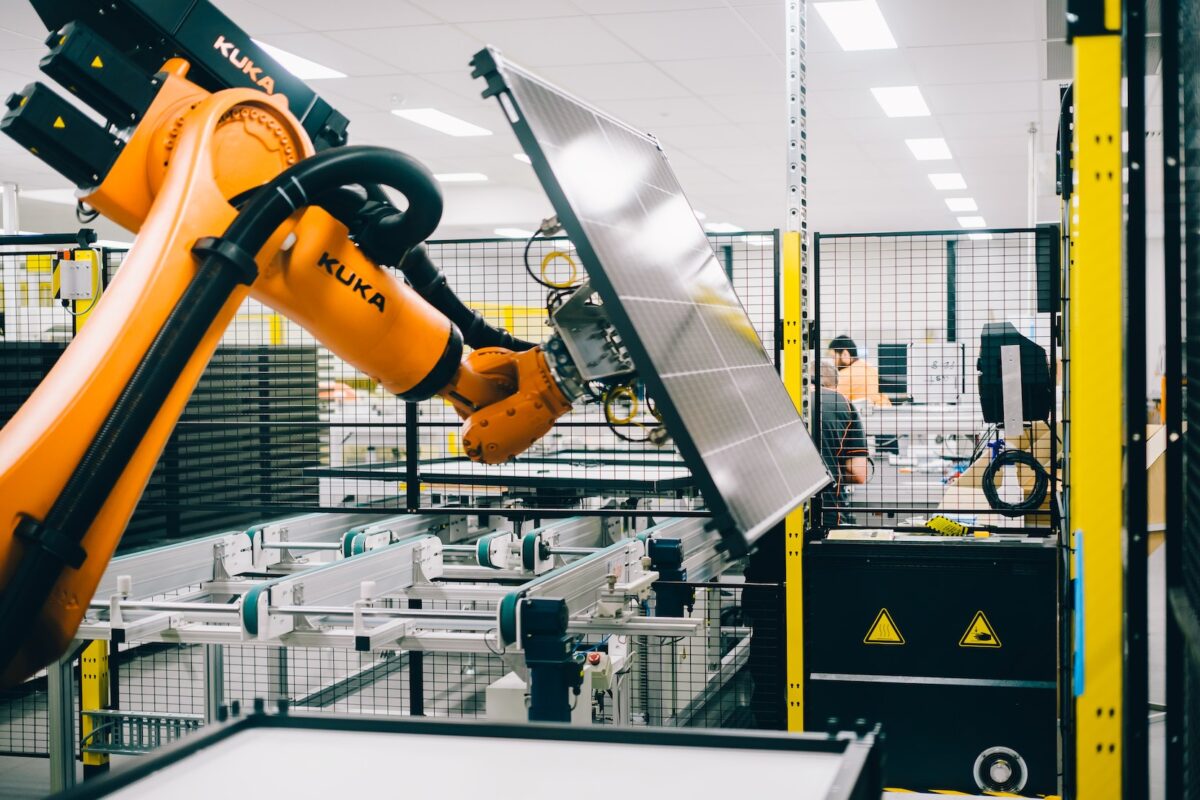
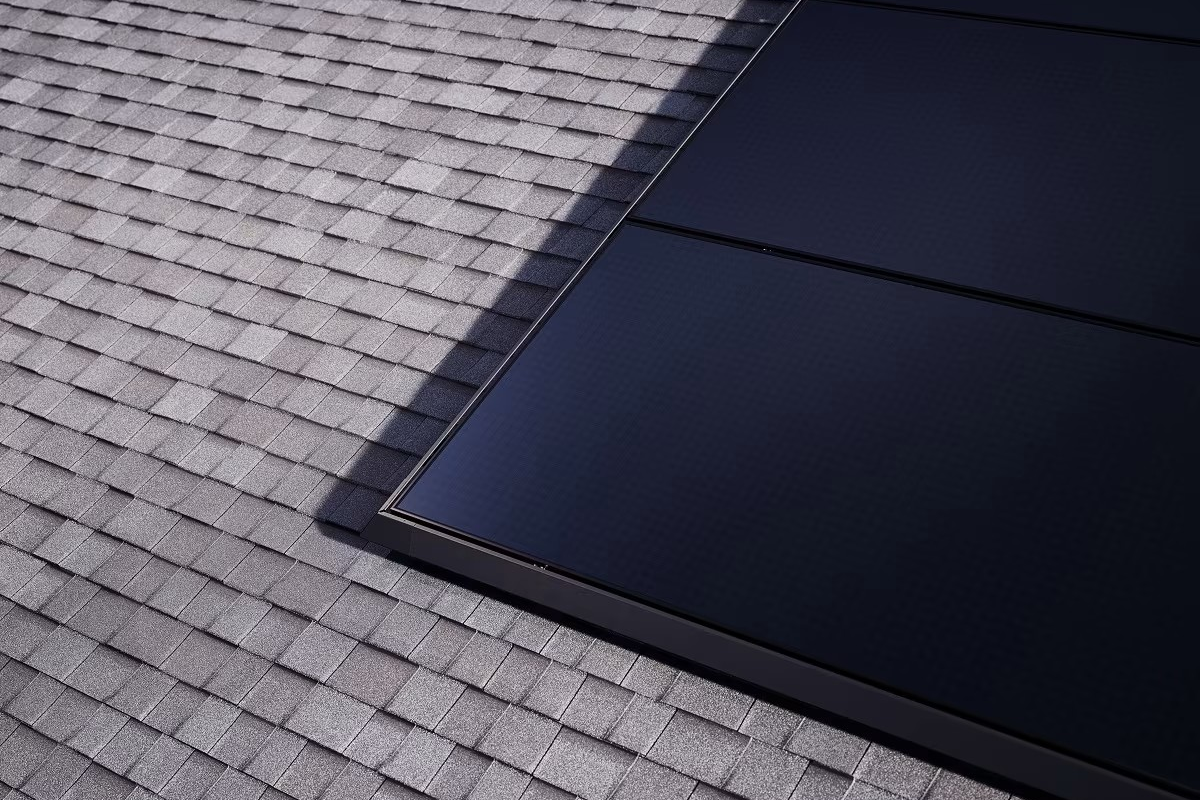


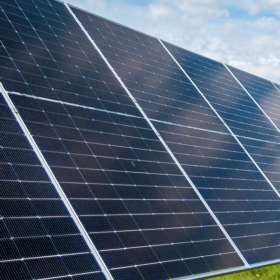


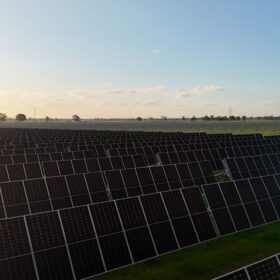

By submitting this form you agree to pv magazine using your data for the purposes of publishing your comment.
Your personal data will only be disclosed or otherwise transmitted to third parties for the purposes of spam filtering or if this is necessary for technical maintenance of the website. Any other transfer to third parties will not take place unless this is justified on the basis of applicable data protection regulations or if pv magazine is legally obliged to do so.
You may revoke this consent at any time with effect for the future, in which case your personal data will be deleted immediately. Otherwise, your data will be deleted if pv magazine has processed your request or the purpose of data storage is fulfilled.
Further information on data privacy can be found in our Data Protection Policy.